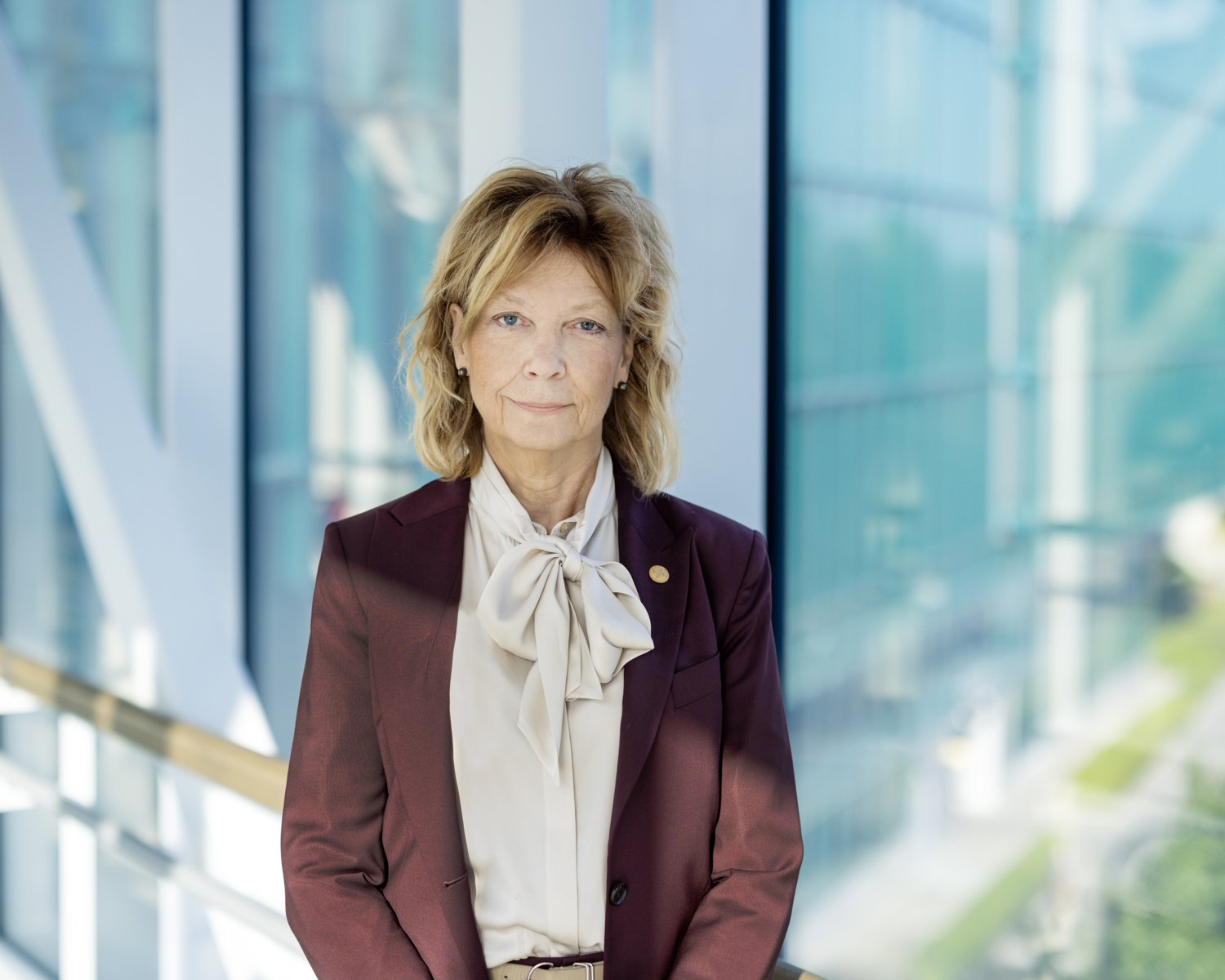Enlarged Faculty Board and new Faculty Forum to strengthen collegial leadership
The University Board (Konsistoriet) has established a new structure for the Karolinska Institutet Faculty Board and committees, marking an important step towards strengthening the university’s collegial leadership and increasing academic participation in decision-making processes.

On 15 October, the University Board made its decision on the future organisation of KI’s Faculty Board and committees, with the aim of creating a good balance between collegial and line organisational structures, clarifying roles and duties, and ultimately strengthening KI as a sustainable and successful university.
“Collegial influence is important at KI,” says President Annika Östman Wernerson. “We’re therefore creating a structure for committees and boards in which the faculty will have an even clearer mandate to become involved, make a difference and contribute to the growth of our university. We hope that this will bring more qualified people into KI’s management bodies, who, by raising and driving important questions in these forums, will help to build KI’s future.”

Background: A broad-based approach towards greater clarity and transparency
The proposal was produced within the framework of Focus Area B2: “Review of committees and boards”. A working group chaired by professor Hans-Gustaf Ljunggren was given the broad directive to review structures, roles and mandates for the Faculty Board, the committees for Higher Education, Doctoral Education and Research, and other committees and boards.
“We’ve worked on strengthening the ties between the committees and the Faculty Board, optimising composition and leadership, and clarifying roles and responsibilities,” says Professor Ljunggren. “A new Faculty Forum has also been proposed as a broad platform for academic dialogue.”
The working group has also reviewed the titles for leading faculty positions so that they better reflect international norms and KI’s structure as a single-faculty university. The titles of Dean and Deputy Dean are to be re-introduced for the current committee positions of Academic Vice President and deputy chair, respectively, while the current position of Dean will be titled Vice President (Campus). Strategies have also been drawn up to make the collegial roles more attractive and to encourage participation in forthcoming academic elections.
New structure as of 1 July 2026
The new structure will come into effect on 1 July 2026, after which the Faculty Board will comprise:
- a chairperson appointed by the President
- three deans and three deputy deans
- three academic vice presidents (co-opted)
- four faculty representatives
- three student representatives.
The President has the right of attendance and comment at Faculty Board meetings.
The Faculty Board oversees three committees primarily tasked with developing and strengthening:
- first and second-cycle education (the Committee for Higher Education)
- third-cycle education (the Committee for Doctoral Education)
- research (the Committee for Research).
Each committee is chaired by a dean with a deptuy dean acting as deputy. Deans and deputy deans are appointed by the President following advisory election.
Faculty Forum to be introduced next autumn
A new Faculty Forum will be introduced next autumn to further strengthen the collegial dialogue. It will be led by the Faculty Board and serve as a platform for discussion on topical academic issues and the university’s long-term development.
Deciding KI’s future
Staff and students at KI will be able to participate in the forthcoming academic elections. This is an opportunity for everyone to have a say on who is to pursue the issues that will shape KI’s future.
“The future of higher education, doctoral education and research will rest heavily on the shoulders of the new deans and pro-deans,” says Professor Ljunggren. “It is therefore imperative that we identify strong and visionary candidates able to represent KI both at home and abroad.”
